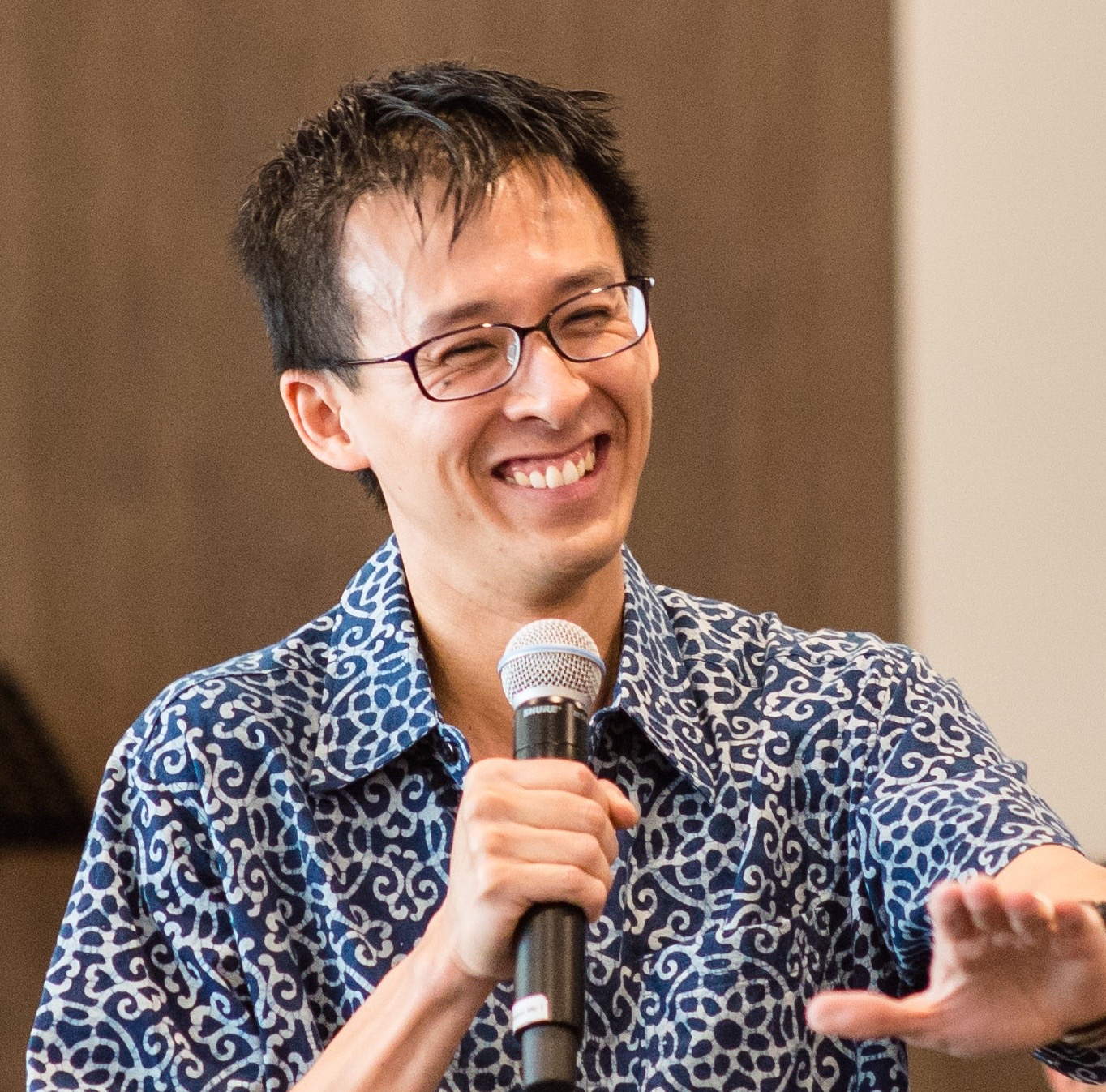
Photo by Raphael Koh on Unsplash.
What a watershed General Election it has been!
For a moment we ignored the fact that we were undergoing the crisis of our time (I’m thinking of cheering un-masked supporters right now), and plunged ourselves into campaigning season.
This Election was epic too for its leadership succession. Besides the 4G PAP leadership, the Opposition (especially the Worker’s Party) fielded many fresh young faces. Some of these young ones have turned out to be “giant-killers”. They knew how to court the electorate.
Justice matters greatly to our Lord.
Indeed, we have a new generation of voters among the young (some first-time voters had not yet sat for their ‘O’ levels at the last election!). And by the looks of it, their sources of information, voting patterns and political concerns are markedly different from the older generation.
With no rallies, and no crowds on Nomination and polling days, it must have felt so weird for many seasoned voters. But most younger voters would not have batted an eyelid – the battle shifted to their home-ground: Social media.
And, boy, did social media prove to be a two-edged sword. We had much more access to information (many snazzy ones at that) on all sides compared to previous elections. But I believe social media has also contributed to a distinctly divisive and nasty election. Many wounds have been opened up.
Our part to play
We’d expect the newly formed Government to speak reconciliatory words. But we, the Church, also have a significant part to play: How can we serve the healing of the nation?
We must start with ourselves. Maybe many of us need a time of reflection, confession and repentance:
- Have I hated my neighbour, especially one who is a brother or sister-in-Christ?
- Have I dishonoured my Lord during the hustings, not least on social media?
- Have my political engagements been borne out of unsettled wounds and roots of bitterness?
- How shall I speak of the results, and how shall I speak of the new Government?
- Have I prayed for the welfare of my Member in Parliament? Even if he or she was not the candidate I voted for.
Some of us Christians may have held too closely to our political affiliation, but we must remain clearly and firmly anchored on our Christian citizenship identity.
We do not put our trust in political systems, parties or personalities … Our charge is to honour the authorities. (Romans 13:1-8)
I know good Jesus followers who are ardent supporters of either side of the political fence, but we have got to keep our head.
We do not put our trust in political systems, parties or personalities. Neither are we obliged by our faith to align one way or the other all the time. Our charge is to honour the authorities (Romans 13:1-8; 1 Peter 2:17), and yet maintain the prophetic distance needed to be able to confront them.
Consider young Daniel’s advice to the mad and powerful king Nebuchadnezzar: “Therefore, O king, let my counsel be acceptable to you: break off your sins by practicing righteousness, hand your iniquities by showing mercy to the oppressed, that there may perhaps be a lengthening of your prosperity.” (Daniel 4:27)
These were not trifling words of counsel, from someone in the system and yet not of it.
Don’t forget also Daniel’s broader prophetic message behind his call to social ethics: “till you know that the Most High rules the kingdom of men and gives it to whom he will.” (Daniel 4:25)
That’s bold – declaring that human authorities are under Divine Sovereign rule.
That’s unapologetically Christian. That’s allegiance to the Kingdom of God.
And we must not confuse this with the oft-cited “mixing of church and state”.
Not of this world
Remember Jesus’ words to Pilate: “My kingdom is not of this world. If my kingdom were of this world, my servants would have been fighting, that I might not be delivered over to the Jews. But my kingdom is not from the world.” (John 18:36)
People were clamouring for Jesus to be a political revolutionary: Are you the King of the Jews? Overthrow the Romans! It’s time for regime change!
He flatly refused to fit their expectations.
My kingdom is not of this world.
When He returns, then the kingdoms of the world will become the kingdom of our Lord (Rev. 11:15) – but not yet.
Meantime, Jesus expects us, His followers, to be representatives and witnesses of this greater inaugurated-but-yet-to-fully-come kingdom, of which they were citizens.
Our kingdom is not of this world.
And to prove it, He showed how He would inaugurate His kingdom, not by clash of swords but by being slain on a Cross. It’s an upside-down, out of this world approach to politics.
You want power? Be the servant. Be the last. Wash one another’s feet. Down is the way up. Empty yourself.
And then you may get a seat at the head table.
Jesus eschewed ambition and aloofness.
We, the Body of Christ, have got to model this.
And I really have to close with this: We must model the way of King Jesus for the next generation.
Teach the next generation how to make sense of the topics of passion of their day through the lens of Scripture.
I do not have actual figures, but I have a strong suspicion that voting patterns and preferences significantly differ across generations.
I would not be surprised if young people are much more attracted to issues of justice, race, diversity and of freedom – quite distinct from bread-and-butter matters and any call for a “strong mandate”. I am concerned that the older generation can be quite clueless about how the younger generation thinks, and much less about how to engage them, crisis or no crisis.
Herein lies a charge for the Church: To teach the next generation how to make sense of the topics of passion of their day through the lens of Scripture and not by the sway of our culture.
We have all the resources we need to do so, for justice matters greatly to our Lord. I gather this not just from famous passages like Amos 5:24 – “Let justice roll down like waters, and righteousness like an ever-flowing stream” – but also from this assuring word of wisdom:
Evil men do not understand justice, but those who seek the LORD understand it completely. (Proverbs 28:5)
But here’s a greater challenge: Will we bring in young faces into church leadership?
Will we let more of them be empowered to champion the way of the kingdom among their generation?
Can we show how one generation can step aside, if only to make space for the younger generation to arise and serve alongside together?
There is so much at stake here, and GE2020 has revealed a glimpse of it.
This is necessary for the healing of the generations.
Into your hands we commit ourselves, O Lord.
We are an independent, non-profit organisation that relies on the generosity of our readers, such as yourself, to continue serving the kingdom. Every dollar donated goes directly back into our editorial coverage.
Would you consider partnering with us in our kingdom work by supporting us financially, either as a one-off donation, or a recurring pledge?
Support Salt&Light



